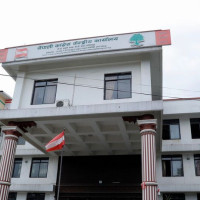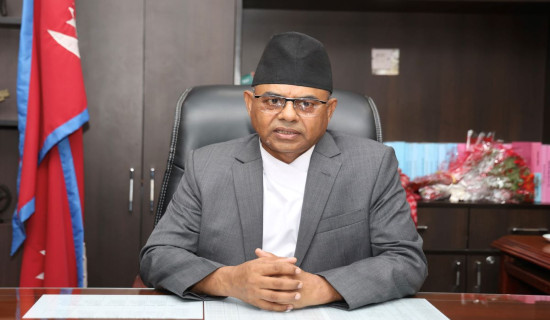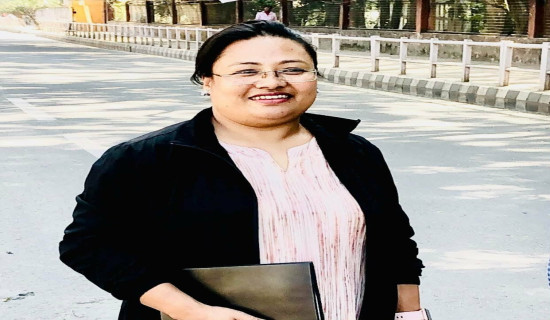- Thursday, 26 February 2026
Madhes girls urge PM not to lower legal age of marriage
By Dharbendra Jha
Janakpurdham, Feb. 11: As debates over lowering Nepal’s legal marriage age intensify, teenage girls from Madhes Province have sent petition letters to Prime Minister KP Sharma Oli to maintain the minimum marriage age at 20 years.
Expressing concerns over the proposed reduction of legal marriage age from 20 to 18 years, the teenage girls from eight districts of Madhes Province submitted individual requests to the Prime Minister.
They have argued that 18-year-olds are not physically or mentally mature enough to handle familial, societal, and circumstantial responsibilities. Teenage girls from various clubs in Dhanusha sent the letter via the District Post Office, addressed to the Office of the Prime Minister and Council of Ministers.
Pratima Yadav, a grade 10 student at Shree BP Koirala Secondary School, Sapahi, warned that lowering the marriage age could negatively impact girls’ education, health, and future.
She also expressed concerns that it could lead to mental distress and prevent them from becoming self-reliant.
Shahida Khatun, who was present at the District Post Office, emphasised that the current legal marriage age of 20 is based on scientific research.
She called the proposal impractical and unscientific, arguing that sudden lowering in the legal marriage age is inappropriate, prompting them to write a request letter to the Prime Minister.
Surait Thakur, Chairperson of Life Nepal, an organisation working to prevent child marriage in Madhes Province, informed that teenage girls from all eight districts had submitted the request, urging the government to maintain the current legal marriage age.
Recently, the parliamentary sub-committee under the Law, Justice, and Human Rights Committee of the House of Representatives on January 15 has recommended lowering the legal marriage age from 20 to 18. Their study, conducted in Madhes, Lumbini, and Sudurpaschim Provinces, highlighted a gap between legal provisions and social practices in rural areas.
Nepal’s Constitution recognises child marriage as a violation of child rights and a punishable offence.
Supporting laws, including the National Child Policy, the Children’s Act, the Criminal Code, and the National Strategy to End Child Marriage, aim to eliminate child marriage.
Under the Civil Code, the legal marriage age is 20 years,
with violators facing up to three years in prison and fines of up to Rs. 10,000.
The sub-committee, however, noted that strict enforcement of the law has led to unintended consequences, particularly in cases where young couples cohabit before reaching the legal marriageable age.
Such cases, when reported, often result in charges of rape or abduction, complicating the lives of those involved.
A study conducted by the sub-committee in 10 prisons and three juvenile correction homes across Nepal found that many children were imprisoned due to child marriage-related cases.
Women and child rights activists oppose lowering the marriage age, arguing that existing legal provisions were achieved through persistent advocacy.
They claim that revising these laws would undermine progress in protecting human, women’s, and children’s rights.

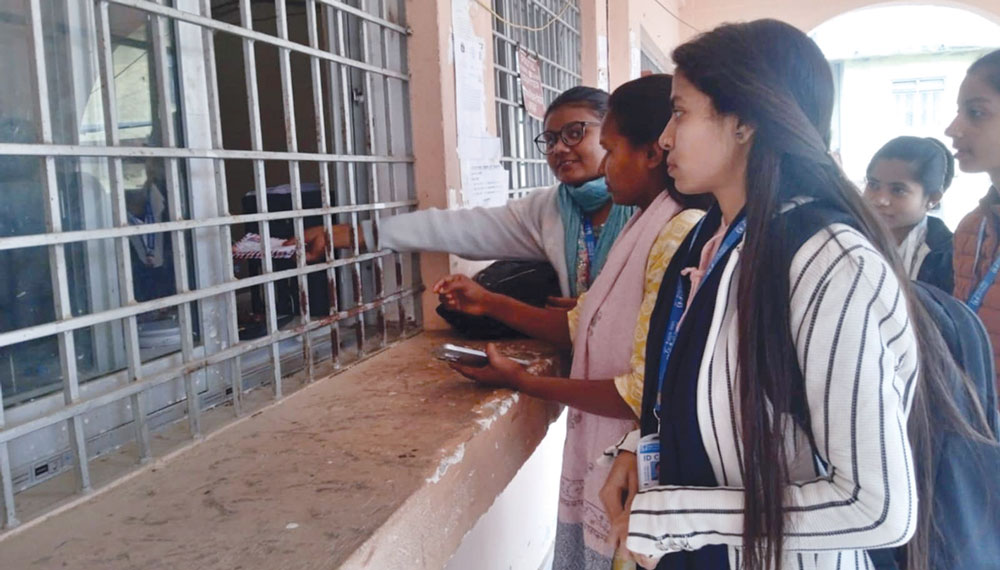



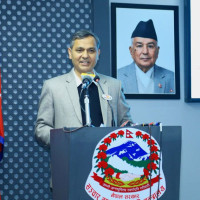
-original-thumb.jpg)

